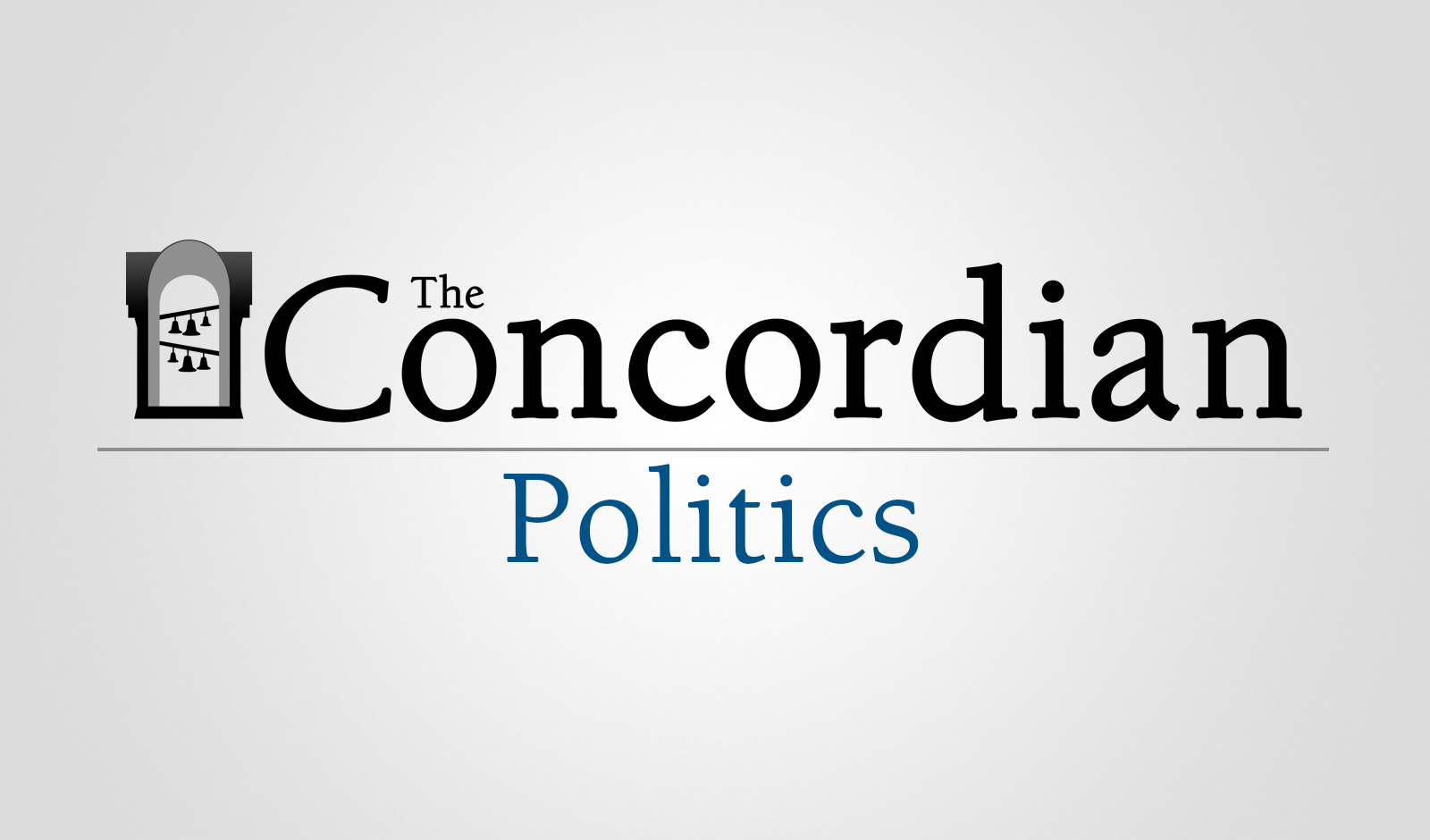Iran’s new president, Hassan Rouhani, has given hope to the world that Iran will cooperate with the global community to remove any “reasonable concerns” over the Iranian nuclear program. However, as moderate and cooperative as he seems, the world has been watching—to no avail—for a handshake between Rouhani and Obama at the United Nations General Assembly this week.
The situation harkens back to Obama’s Inaugural Address, in which he stated: “We will extend a hand if you are willing to unclench your fist.”
Rouhani is remarkably moderate in comparison with his predecessor, Mahmoud Ahmadinejad. The seemingly irrational Ahmadinejad was dead set on no one in the international community stopping Iran from building an atomic weapon, which could have led to a traumatic military intervention led by the United States.
“If Iran wants to build an atomic weapon, it doesn’t fear anyone and will publicly announce it and no one will be able to prevent it,” Ahmadinejad said in June 2012.
Diplomacy wasn’t an option. Deterrence didn’t appear to be feasible. However, with new leadership, the situation seems much more hopeful.
“Peace is within reach,” Rouhani said during his speech at the UN this Tuesday. “We can arrive at a framework to manage our differences.”
Rouhani has stated that he wants to seek better relations with the United States. While he has pushed that it is Iran’s right to enrich uranium for nuclear energy, he has indicated that he aims to use diplomatic means to ease tensions between Iran and the United States.
While Rouhani appears to be much more moderate than his predecessor, and while he actually appears to be rational, the United States should still be incredibly cautious.
Not only has Rouhani been deeply critical of the US and its foreign policy this week, but he is also being uncomfortably vague regarding cooperation with the US. He’s speaking on the importance of diplomacy and cooperation to ease tensions, but has avoided a meeting with Obama, and has, of course, even avoided a handshake with him.
Organizing a meeting, or even a casual encounter, would be “too complicated”, said Rouhani’s office. However, Iran’s foreign minister and Secretary of State John Kerry will meet this week, which will be the first meeting in years between officials in high offices of the two states.
Iran appears to be trying to strike a balance, and at a moderate pace. Going from the hard line of Ahmadinejad to complete diplomacy from Rouhani could be unsettling for Iran. It’s understandable that Rouhani is hesitant to reverse the decades-long history of the United States and Iran avoiding each other at the UN, and it’s commendable that he is, albeit just verbally, open to talks with the US.
However, the US shouldn’t get ahead of itself. Both countries must move toward diplomacy cautiously and logically. With Rouhani only being in office for three months, we don’t exactly know what his goals are, and where he’ll go with his administration.
“This is exactly Iran’s strategy—to talk and play for time in order to advance its ability to achieve nuclear weapons,” said Israeli Prime Minister Benjamin Netanyahu. He, of course, is much more cynical about Iranian intentions than the United States, but he makes a good point.
The United States must maintain a healthy amount of skepticism. We don’t know yet exactly the goals of Iran and its nuclear program, and we must continue to collect information on their nuclear program (and whether or not it is actually entirely peaceful) and attempt to schedule a meeting between Obama and Rouhani. The US must see real diplomacy, not merely rhetoric. The US must see a move from Iran to establish conversation between Rouhani and Obama, and it must see Iran willingly share information regarding their nuclear program. The US can continue to open itself up to discussion, but until Iran comes forward with a willingness to truly work together, there’s not much it can do besides plan for the worst. Once we have real discussion and cooperation, we can move forward to allow Iran to maintain its peaceful nuclear program, but also ensure that it does not build atomic weapons.
At this point, we’re just waiting for Iran to actually unclench its fist instead of just talking about it.

